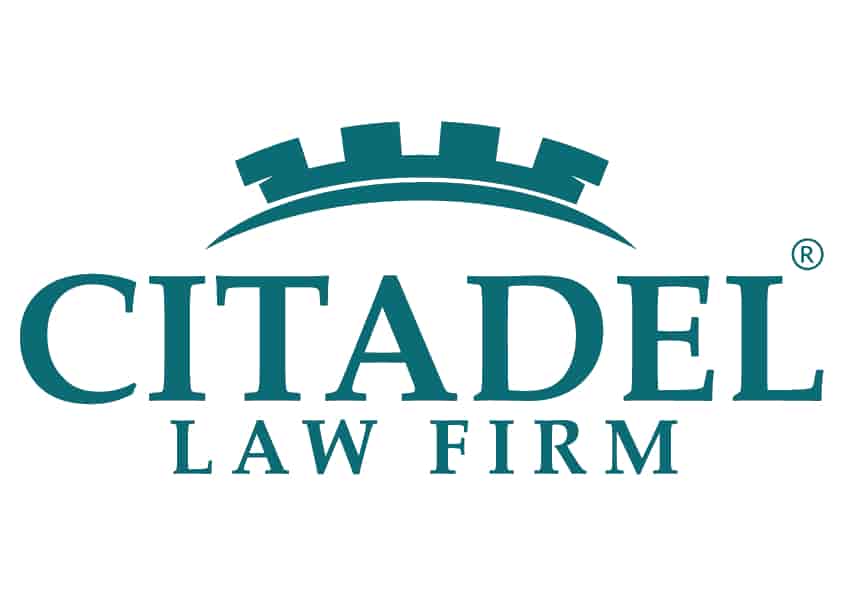
Updating Your Estate Plan After a Divorce: A Lawyer’s Guide
Going through a divorce is a lot of physical, financial and emotional stress. With so much on your plate, from adjusting to a new routine to managing your finances, it’s easy to overlook some important legal steps like updating your estate plan.
It might not be what’s on your mind at the moment, but making changes to your will, trust, and other legal documents is a very important step to protect your future.
In this article, we’ll show you how you can update your estate plan after a divorce and why you should work with an estate planning lawyer. Read on:
5 Steps to Update Your Estate Plan
-
Start with your wills and trusts
Firstly, you need to revisit your will. If your ex is still listed as a beneficiary or executor, then you need to do an update. There’s a high chance you don’t want your ex to inherit your assets or be in charge or your estate, well except in rare cases where you’re on very good terms.
So, update your will to who you want your assets to go to now, it could be your children, siblings or even a charity. If you’ve set up a trust, you’ll also need to review and possibly replace your trustee and beneficiaries.
-
Update power of attorney and health care directives
Many people forget about this one: your durable power of attorney and healthcare directives. These are the documents that name who can make financial or medical decisions for you if you’re unable to do so. If your ex is still listed, you’re giving them the legal right to make life-changing decisions on your behalf.
Imagine being in the hospital and your ex is the only one legally allowed to decide your care. Ridiculous, right?
Instead, choose someone you trust, maybe a family member or close friend who can step in and make the right decision when needed.
-
Reassign asset ownership and beneficiaries
After a divorce, it’s best you review the beneficiaries on your financial and insurance policies. No financial institution would automatically disinherit your ex just because you’re divorced. Check and update your beneficiaries for:
- Life insurance policies
- Retirement accounts (401(k), IRA, pensions)
- Bank accounts
- Payable-on-death accounts
- Investment portfolios
Even if these are not in alignment with your divorce agreement, your financial institutions will honor the beneficiary listed, even if it’s your ex, unless you update it.
Also, review titles and ownerships. If you jointly hold assets, homes, vehicles or businesses, ensure everything is transferred or divided according to your divorce decree. Your lawyer can walk you through the paperwork to avoid confusion or legal disputes in the future.
-
Consider Guardianship if you have kids
If you have kids under 18, you need to take this one seriously. Your estate plan probably names a guardian in case something happens to you. Now that you’re divorced, that might have to change.
Yes, your ex is likely the legal parent and will still have custody, but you can still name backup guardians or create provisions for things like money management, especially if your ex is unavailable, sick or financially unaccountable.
You might also want to assign a trustee to manage your child’s inheritance until they’re of age.
-
Review and update everything with a lawyer
There’s more to updating an estate plan than removing names and adding new ones. For every change, there’s a legal and financial implication. A qualified estate planning lawyer will help you:
- Avoid accidental loopholes
- Comply with state laws
- Ensure all your updates align with your divorce agreement
They’ll do a comprehensive review of your entire estate plan, suggest the right updates, and make sure everything is updated.
Conclusion
Divorce changes a lot of things including your future plans. Updating your estate plan is as crucial as any other aspect of the divorce process. It ensures your assets, your wishes and your loved ones are all protected.
But you don’t have to go through the stress alone. An estate planning lawyer can help you review everything and make sure everything is done right.
Frequently Asked Questions (FAQs)
-
How soon after a divorce should I update my estate plan?
As soon as you’ve completed the divorce or even during the process, you should start updating your estate plan. Don’t wait too long, especially if your current documents still name your ex in major roles.
-
What if I want my ex to remain as a beneficiary or guardian?
That’s your personal decision to make. But make sure your documents states that explicitly. If not, some states automatically disqualify ex-spouses from serving as beneficiaries unless you say otherwise.
-
Can I make estate plan changes without a lawyer?
Technically, yes. But estate laws vary by state, and making a mistake could invalidate your documents. Working with a lawyer ensures everything is done correctly and according to the law.
-
What if I remarry later on?
If you get remarried, you’d need to make another update to your estate plan. You’ll likely want to include your new spouse and adjust provisions for potential new family members.
-
Does my divorce automatically revoke my ex’s rights in my will or trust?
Not always. Some states revoke those provisions by law, while others don’t. That’s why you should be proactive and update your documents, rather than relying on automatic changes.

